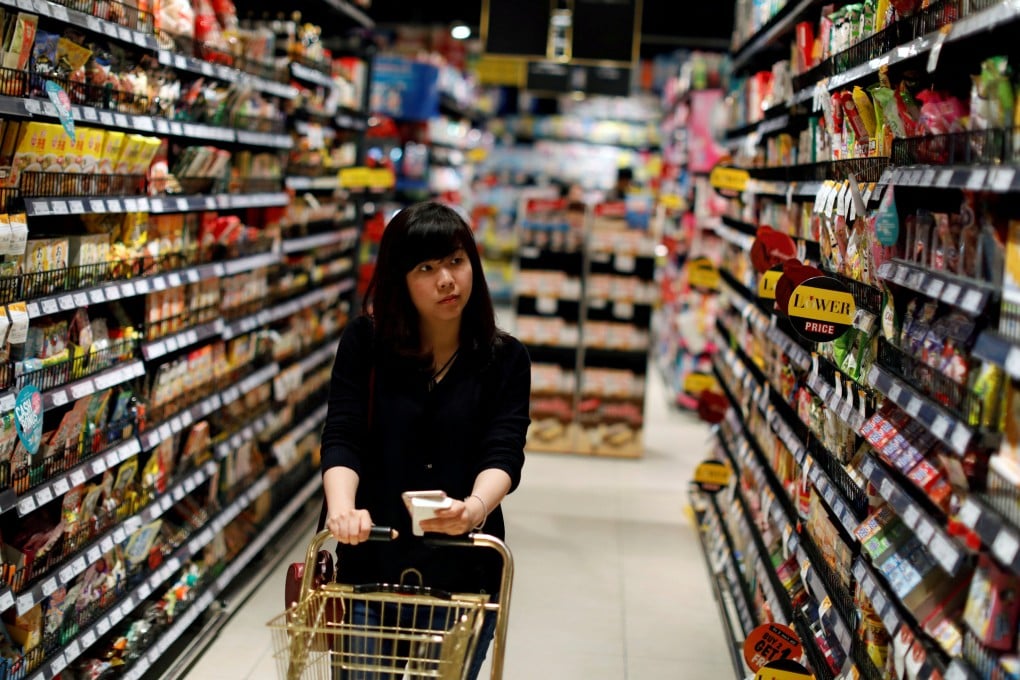‘Inflation jihad’, cash handouts: Can Singapore, Malaysia and other Asian countries soften the blow of rising prices?
- Indonesia’s flirting with a wider budget bill to boost subsidies, while Malaysia has launched a ‘Jihad Against Inflation’ task force to tackle the crisis
- Singapore’s confident it can keep inflation in check, but analysts warn the Philippines may tip into recession – as Thailand looks to tourism to save the day

In May alone, world food prices were up 22.8 per cent, according to the UN Food and Agriculture Organization’s Food Price Index – driven by an increase in cereal and meat prices.
The World Bank expects food prices to rise by about 20 per cent this year because of continued upwards pressure on energy and fertiliser costs that have persisted since early 2021, which will continue to push food costs higher if they do not moderate next year.

Fears of a global recession are also growing, as the US Federal Reserve prepares to increase interest rates by another 75 basis points in July – having already done so earlier this month – in a bid to slow domestic demand. Annual US inflation hit 8.6 per cent in May – its fastest rise in more than three decades, according to government data.
Southeast Asian economies have not been spared the effects of surging food and crude oil prices, and could yet feel more pain if a global recession hits just as they were seeing the first green shoots of a post-pandemic recovery.